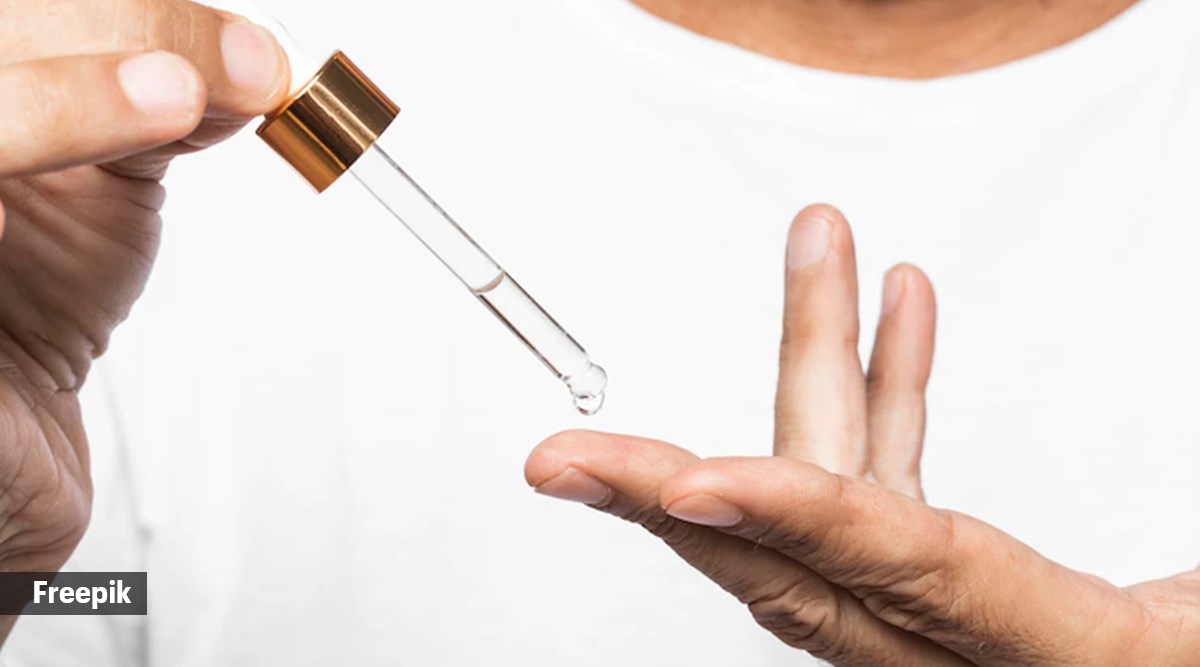You may not hear a lot about linoleic acid for the skin, but this polyunsaturated omega-6 fatty acid is essential for human health. And since it cannot be synthesised by the body, it must be obtained through the diet. An important structural component of cell membranes, it serves as a precursor for the synthesis of other biologically active compounds such as prostaglandins and leukotrienes, which are essential for skin health.
Sharing some sources of the same, Dr Mandeep Singh, HOD-Plastic Surgery, Paras Health, Gurugram said, “It is found in a variety of foods, including vegetable oils (such as soybean, corn, sunflower, and safflower oils), nuts and seeds (such as walnuts and flaxseeds), and certain types of meat and dairy products. It is also available in the form of supplements, such as capsules or oils.
But linoleic acid is not only beneficial for good physical health. The body uses also the ingredient to create different types of lipids to ensure that your skin functions properly. Hence, the deficiency of linoleic acid can lead to a number of skin and hair issues, and also hamper the production of ceramides, which form the skin barrier, and prostaglandins, which control inflammation and promote wound healing.
Here are the benefits of linoleic acid for the skin, according to the expert:
Fortifies the skin barrier
Since it strengthens cell membranes, it is the primary protector of the skin barrier. It helps to support and repair the skin barrier, thereby increasing skin moisture, elasticity, and softness.
Maintains hydration
Linoleic acid is hydrating and helps lessen trans epidermal water loss, which is the escape of water from our skin. It locks in moisture under the surface of your skin, which prevents dryness.
Reduces inflammation
Advertisement
The ingredient has anti-inflammatory properties, which help reduce acne, an inflammatory condition. It can also aid in the reduction of redness and irritation from rosacea and general sensitivity.
Healthier hair
Linoleic acid helps promote hair growth by enhancing the hair follicles and extending their life cycles so that they’re able to grow more hair.
 Linoleic acid skincare products come in all forms, from cleansers to serums to moisturisers and face oils. (Source: Freepik)
Linoleic acid skincare products come in all forms, from cleansers to serums to moisturisers and face oils. (Source: Freepik)
Possible risks and side effects
Advertisement
All skin types can benefit from linoleic acid, but it is typically most beneficial for extra-oil or dehydrated complexions. However, Dr Singh pointed out that people with a history of allergies or skin sensitivities may be at higher risk for adverse reactions to linoleic acid. “In addition, people with certain medical conditions such as liver disease or diabetes may need to be cautious about supplementing with linoleic acid as it can interact with certain medications and may affect blood sugar levels,” he added.
How to use
The expert noted that linoleic acid skincare products come in all forms, from cleansers to serums to moisturisers and face oils. “Though it rarely causes irritation, make sure to do a patch test before introducing it into your routine. As your skin builds up tolerance, you can begin to apply it in the morning and at night,” he said.
Dr Singh concluded that it is not meant to be used as a stand-alone element and instead one should opt for formulas that pair the ingredient with hydrating actives like vitamin E. “The choice about whether to utilise linoleic enhancements or skincare items will rely upon individual factors like age, well-being and skin type. It is best to consult a dermatologist prior to adding any new skin care ingredient to your everyday routine.”
📣 For more lifestyle news, follow us on Instagram | Twitter | Facebook and don’t miss out on the latest updates!
This underrated ingredient can fortify skin barrier, maintain hydration, and reduce inflammation - The Indian Express
Read More

No comments:
Post a Comment